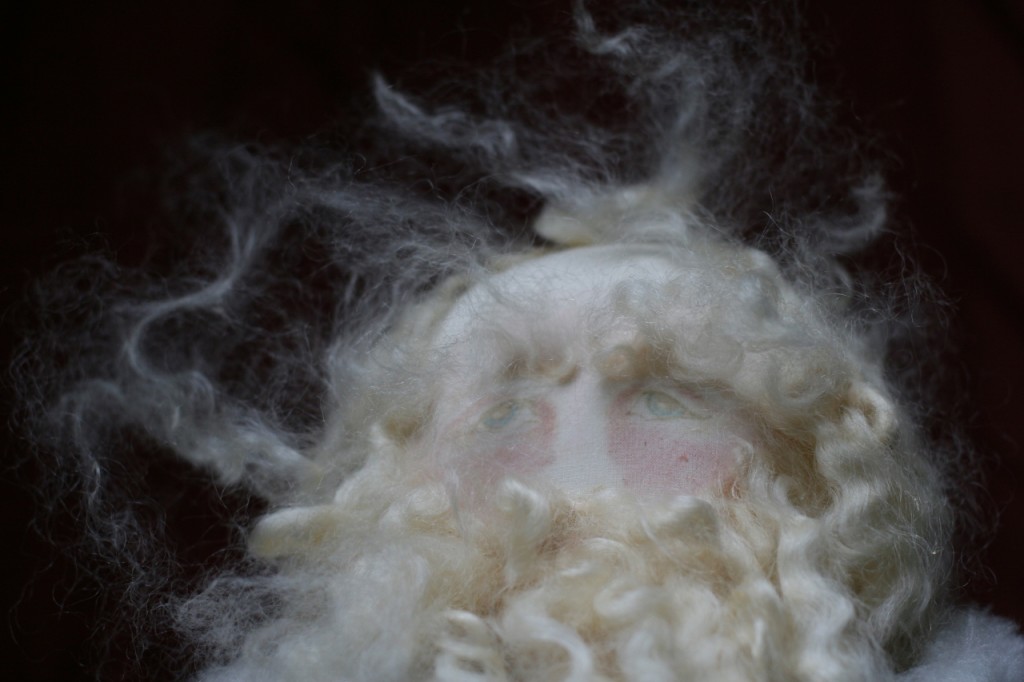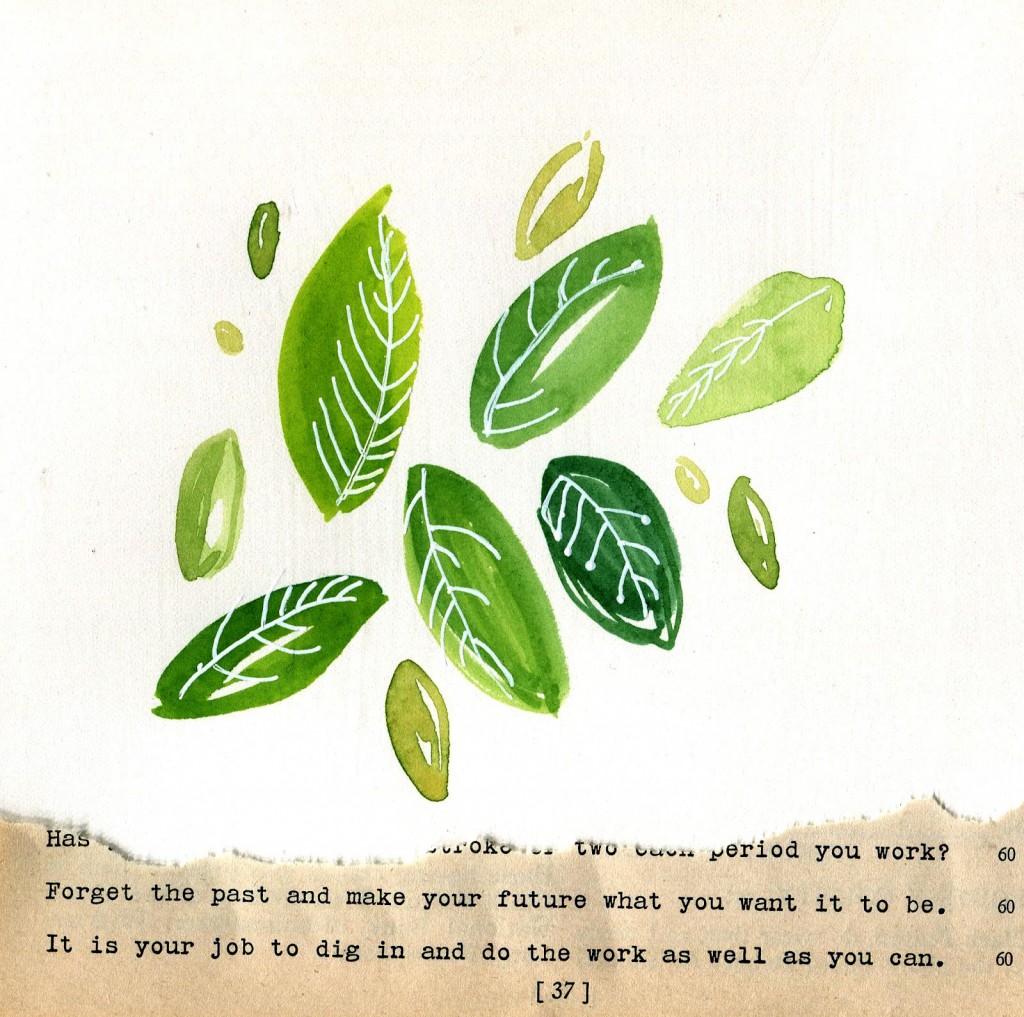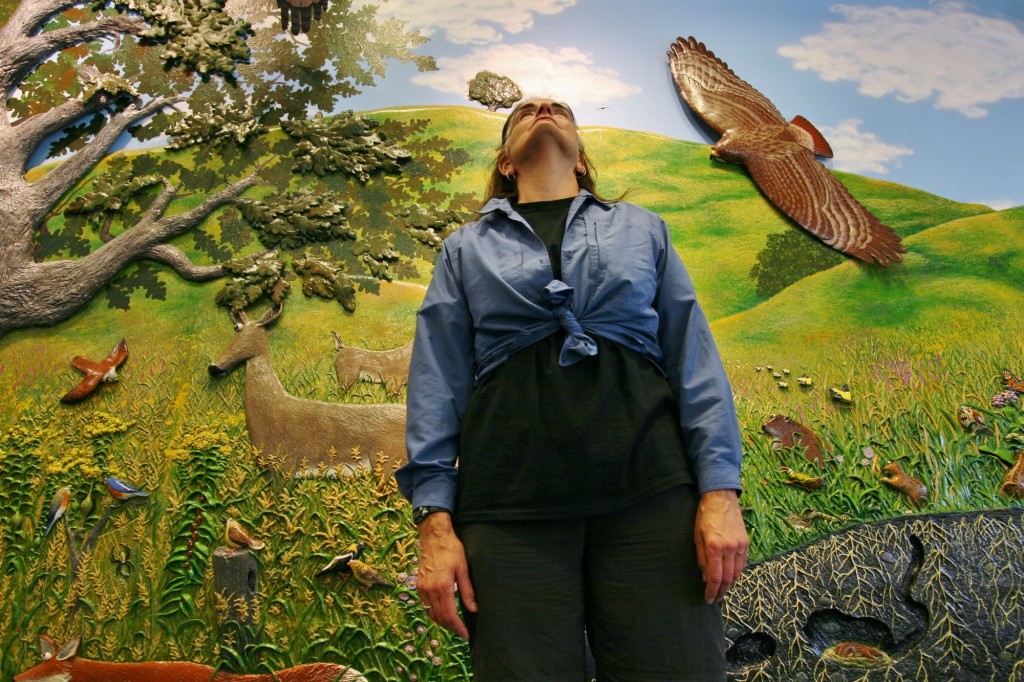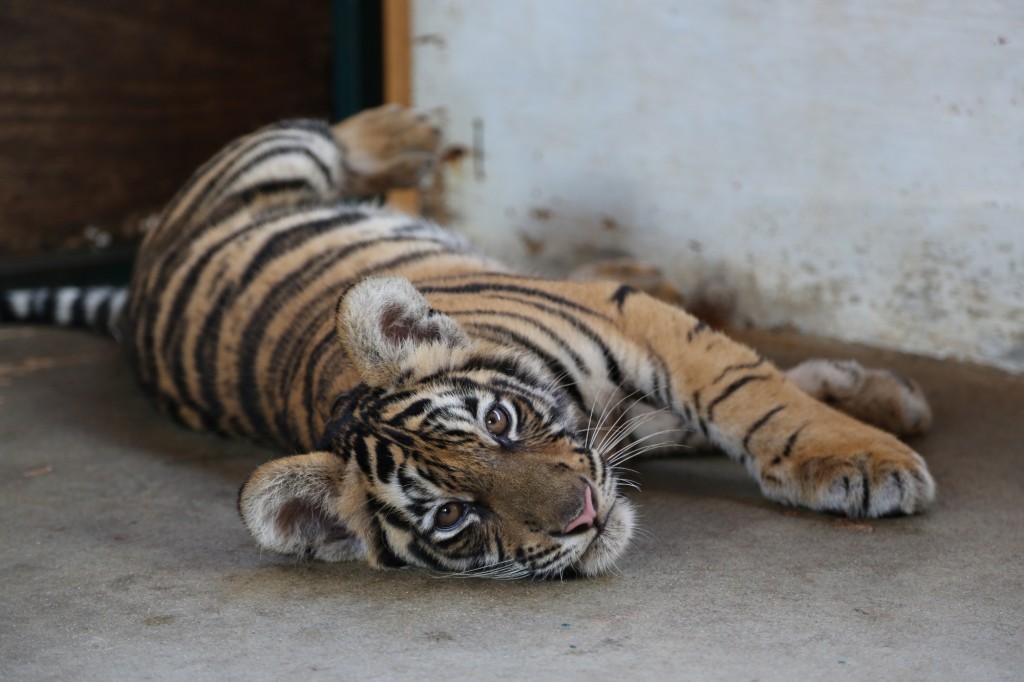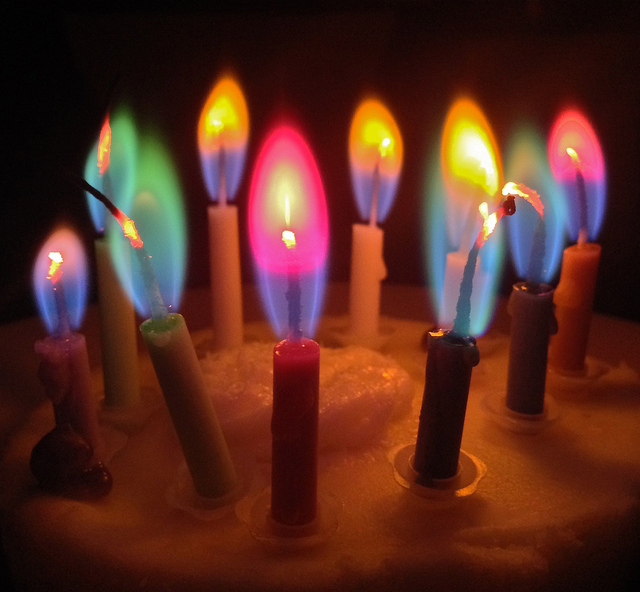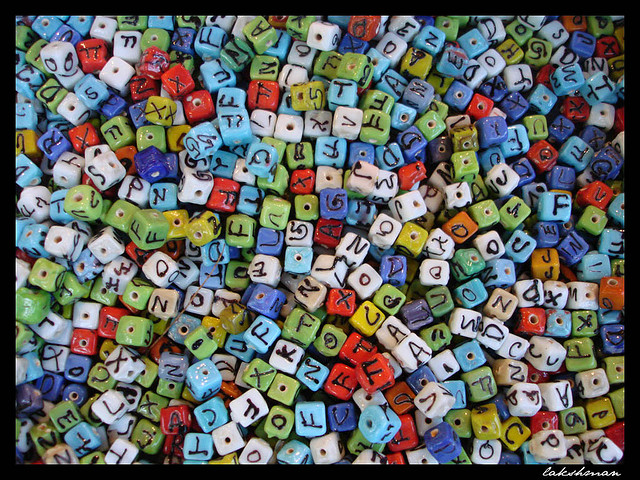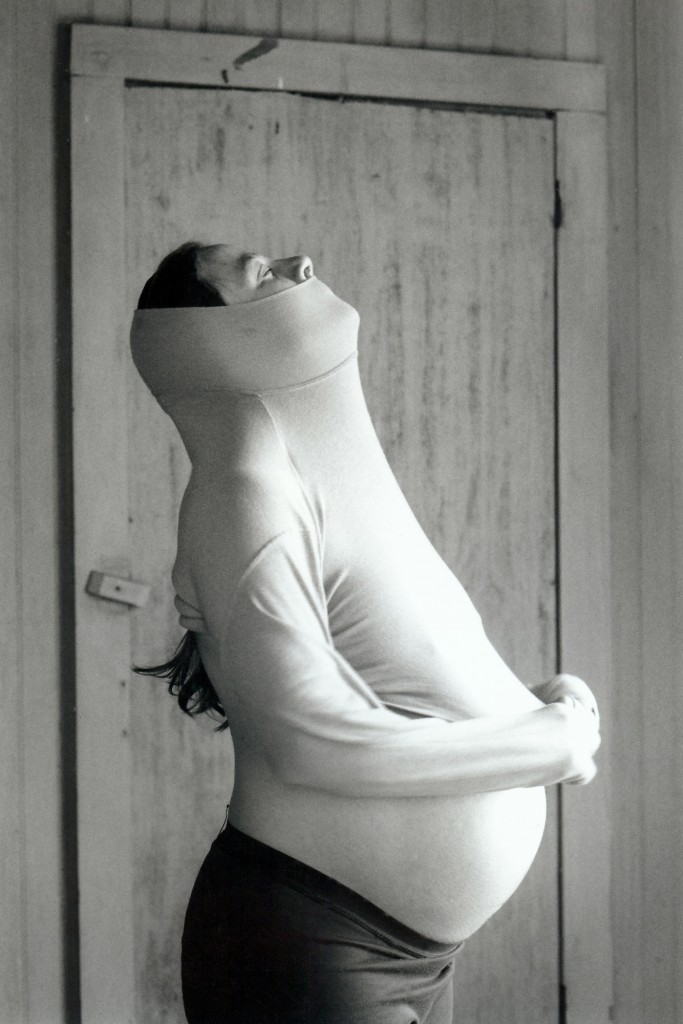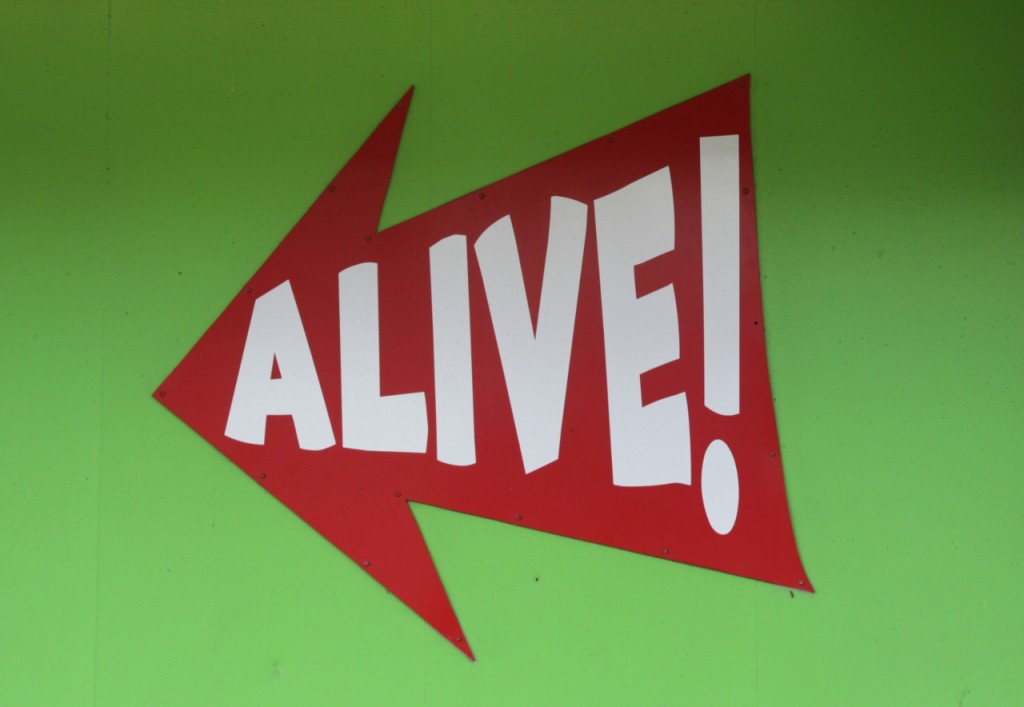
By Jessica Handler
Last winter, my friend Pete gave me a pair of Vic Firth 5A drumsticks. They were beginner’s sticks, but this would be my first drum lesson: he the teacher, me the novice. I was ready: I’d diligently watched You Tube videos demonstrating Ringo Starr’s and Stevie Wonder’s drumming and listened closely to the drum parts on my favorite CDs. The sticks were surprisingly light, awkward to hold, and pleasantly dinged up. They made me nervous.
I’d agreed to spend a weekend participating in a rock camp for women, a fundraiser for national group empowering teen girls through playing music. I’ve always been a music lover: my very first concert was The Beatles at Shea, even though I was five and the frustratingly sonically obscured objects of my adoration sang from my parents’ portable black and white Zenith television. My younger sister Susie and I listened to our recording of “Peter and The Wolf” on the turntable and acted out the roles. At six, I was the bassoon grandfather, and she, not quite two years younger, the clarinet cat. As I grew, I learned to lose myself in vocals; first John and Paul’s tricky harmonies and later, Mick Jagger’s sneering whine.
My youngest sister Sarah played Satie gymnopedies and Bach for four hands on the piano with Mom. Dad bellowed Dylan as he drove. As a teen, I played guitar reasonably well, piano terribly. I learned all the words to “Stairway to Heaven.” In my thirties, I auditioned once as a singer for a local band; I wiped out not because I couldn’t sing, but because I can’t read music.
And all along, I secretly banged on things. Hard. Usually myself. In elementary school, I beat my head on my bedroom floor until I was dizzy. I tore out handfuls of my hair to distract myself from the way my skin felt, rippling in anger. Enraged and inconsolable in my teens, I punched plaster walls and slammed car doors. In high school, I quietly broke my own finger in an effort to suppress boiling rage and brokenhearted sorrow. And no one ever knew.
My sisters were dying and then dead; first Susie, at eight from leukemia, and then, Sarah twenty-three years later, from an illness related to the rare blood disorder she’d been born with. Our father muted his sorrow with anger, drugs, and alcohol before he left for a job in another country and then a new life. Mom remained determined, loving, and honestly joyful about the best moments of our lives.
When I checked the box beside “drums” on the camp registration form, forty-four years had passed since Susie died, and twenty-two since Sarah’s death. Dad died in 2002, and Mom two years ago. That frantic and sudden need for a physical outlet for my pain and sorrow still lurked close to my surface. I know that self-harm, like hitting or, for others, cutting, is an attempt to seek relief for emotional pain: simple reading tells me that, but I sensed as much when I was ten. Now that I’m grown, reasonably competent, and happily married, my hitting myself until I bruised, or once, driving so fast that I pinned the red on my Honda’s speedometer, freaked my husband out. I didn’t blame him. My periods of desolation were awful for me to live with, too. But banging on drums in a band scared me almost as much. I worried about what I might unleash.
Mickey and I met and fell in love shortly after my sister Sarah died. I was working as a production manager for television programs, and he wrote and produced promos. We didn’t work together, so he only heard from me about the time I blew up and threw a stapler at an assistant. (I missed, thank heavens.) He already knew my reputation on the job as a screamer and a yeller. With him, I was never those things. He calmed me and made me feel safe and loved enough. Music mattered to him, too, even though he never remembered lyrics.
The camp took place over three days on a Valentine’s weekend. The schedule would be full, leaving no time for flowers or chocolates (neither of which I wanted) or a good dinner out (which I did.) My husband and I like Valentine’s Day, and I felt that I’d cheated us a little by the commitment I’d made to occupy myself without him that weekend.
In an empty middle school classroom, five other grown women and I met our loaner drum kits; bass drum and kick pedal, high-hats, snares, floor tom and rack toms, and our own sets of sticks. After running us through the basics of our grips, keeping time on pancake-sized practice pads, the instructor—a rock drummer with indie cred—put on a recording of Queen’s “We Will Rock You.” We had to follow along in four/four time. The first two beats came from the bass drum. I stepped on the kick pedal, and the drum responded timidly. This irritated me, too, and the child who flailed in anger and sorrow rose up in me. With her foot, I stepped down hard twice, making two deep, satisfying thuds. With her hands, I snapped my right-hand stick onto the rack tom.
Some rhythms are as simple as breathing, but others require perception far beyond the usual. Children dying before their parents is a peculiar rhythm called reverse order of death. The terror and grief of the surviving sibling was rarely addressed when I was a child. As an adult, behind my first drum kit, I created a basic, steady pulse. Hitting the toms, the snare, stepping on the kick pedal, I pounded out a steady groove. I heard no sorrow; just myself, playing in time.
Camp ended with a raucous showcase at a neighborhood coffee house. While bands played, I slipped my arm through Mickey’s, and we drank our beer and bobbed along to the music. When the time came for my makeshift band to take the stage, I kissed my husband and clutched my drumsticks, fighting the urge to careen alone into the night. I’m ridiculous, I thought. I can’t really channel my thumping anger outward, make music with it, or learn to maintain an even pace on which I can rely. But I took the stage with my bandmates, and in the blinding candy-yellow of the spotlight, held my loaner sticks over my head and counted us in. The bass player responded in time, then the singer, then the two guitarists, just as we’d rehearsed. For about two and a half minutes, I hit and I kicked objects built for striking, and as terrible as I’m sure I sounded, I didn’t feel the way I usually did at a moment of impact. I didn’t feel like weeping. I wanted, instead, to shout with glee.
When we finished, the applause was loud and not unexpected—everyone there was friends or family with someone in a band—and from behind the drum kit, I searched the audience for Mickey. He was at the lip of the stage, his hands raised in victory.
Six months have gone by, with me occasionally practicing to videos, my loaner drum sticks beating couch cushions. This year, I turn fifty-five, and I’ve promised myself to keep my hands and heart away from my own skin during my dissonant outbursts of grief. Mickey bought me a birthday present. I’m starting drum lessons. With Pete, who says it’s time for me to keep those drumsticks he loaned me last winter.
•••
JESSICA HANDLER is the author of Braving the Fire: A Guide to Writing About Grief and Loss (St. Martins Press, December 2013.) Her first book, Invisible Sisters: A Memoir (Public Affairs, 2009) was named by the Georgia Center for the Book one of the “Twenty Five Books All Georgians Should Read.” Atlanta Magazine called it the “Best Memoir of 2009.” Her nonfiction has appeared on NPR, in Tin House, Brevity.com, Newsweek, The Washington Post, More Magazine, and elsewhere. Honors include a 2011 and 2012 residency at the Josef and Anni Albers Foundation, a 2010 Emerging Writer Fellowship from The Writers Center, the 2009 Peter Taylor Nonfiction Fellowship for the Kenyon Review Writers’ Workshop, and special mention for a 2008 Pushcart Prize. www.jessicahandler.com.

 Follow
Follow
